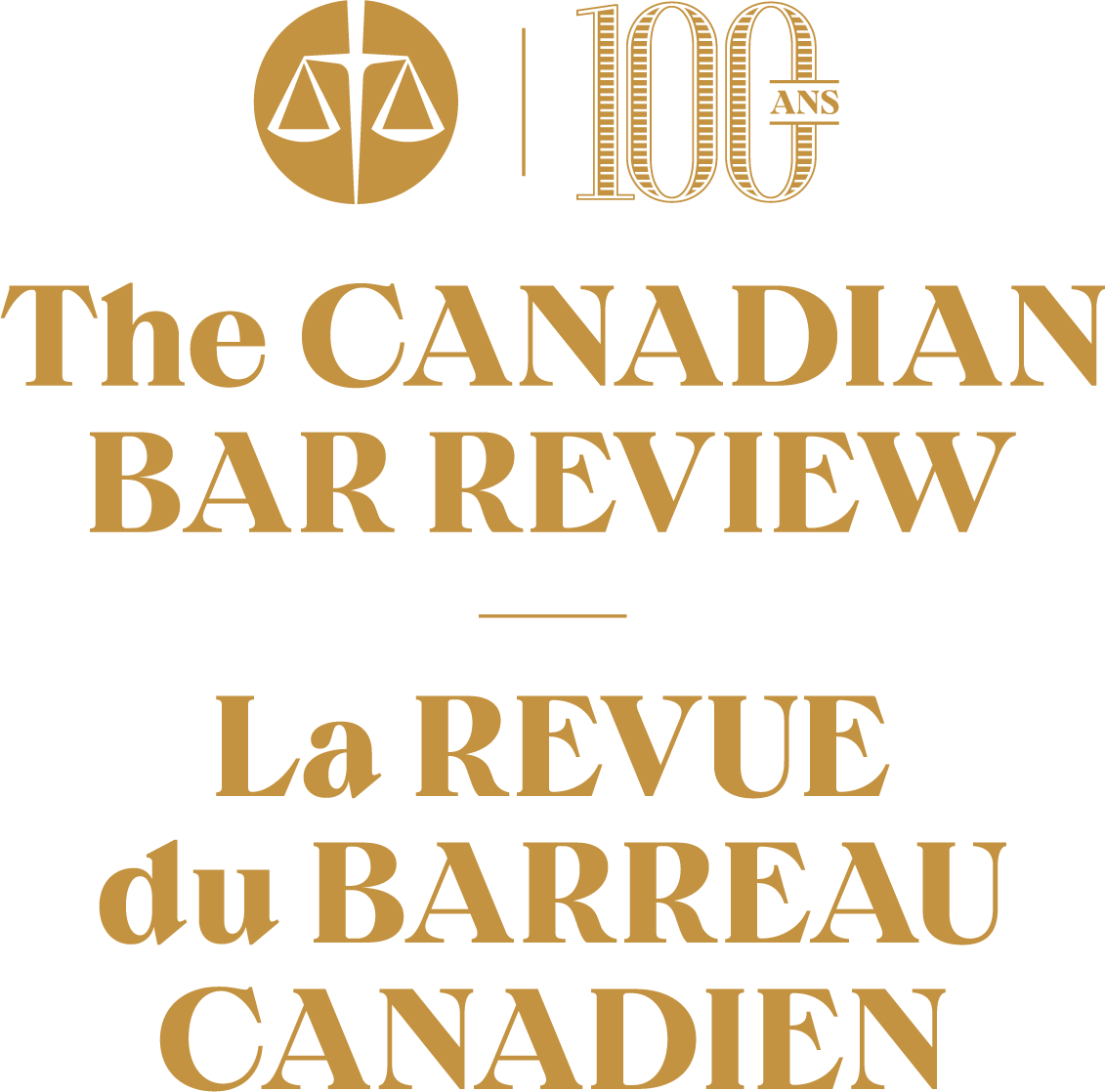« THE FUEL OF INTEREST TO THE FIRE OF GENIUS »
QUE FAIRE DU CARBURANT EN L’ABSENCE D’UN GÉNIE ?
Abstract
Public opinion is equal parts fascinated and concerned by artificial intelligence (AI) and the work it creates, and that work has raised big questions for copyright specialists. Less discussed is the issue of whether AI generated inventions can be patented. This article discusses the theories supporting patent law, the rules set by the law and the questions that AI raises about them. We begin with a brief overview of the theories supporting intellectual property, in which we posit that while consequentialism may currently prevail, labour theory and personhood theory remain relevant. This will enable a better understanding of the issues that AI poses to positive law, specifically to the requirements of novelty and non-obviousness. We then look at the grounds for the ruling in the DABUS case and the methods proposed for changing how non-obviousness is defined. Lastly, we will examine how theories supporting intellectual property align with the realities of scientific research, a field that is quickly integrating AI.
Keywords:
artificial intelligence, patent law, DABUS case, intellectual property, novelty, non-obviousnessDownloads
Downloads
Published
Issue
Section
License
Copyright (c) 2023 The Canadian Bar Foundation

This work is licensed under a Creative Commons Attribution-NonCommercial-NoDerivatives 4.0 International License.





